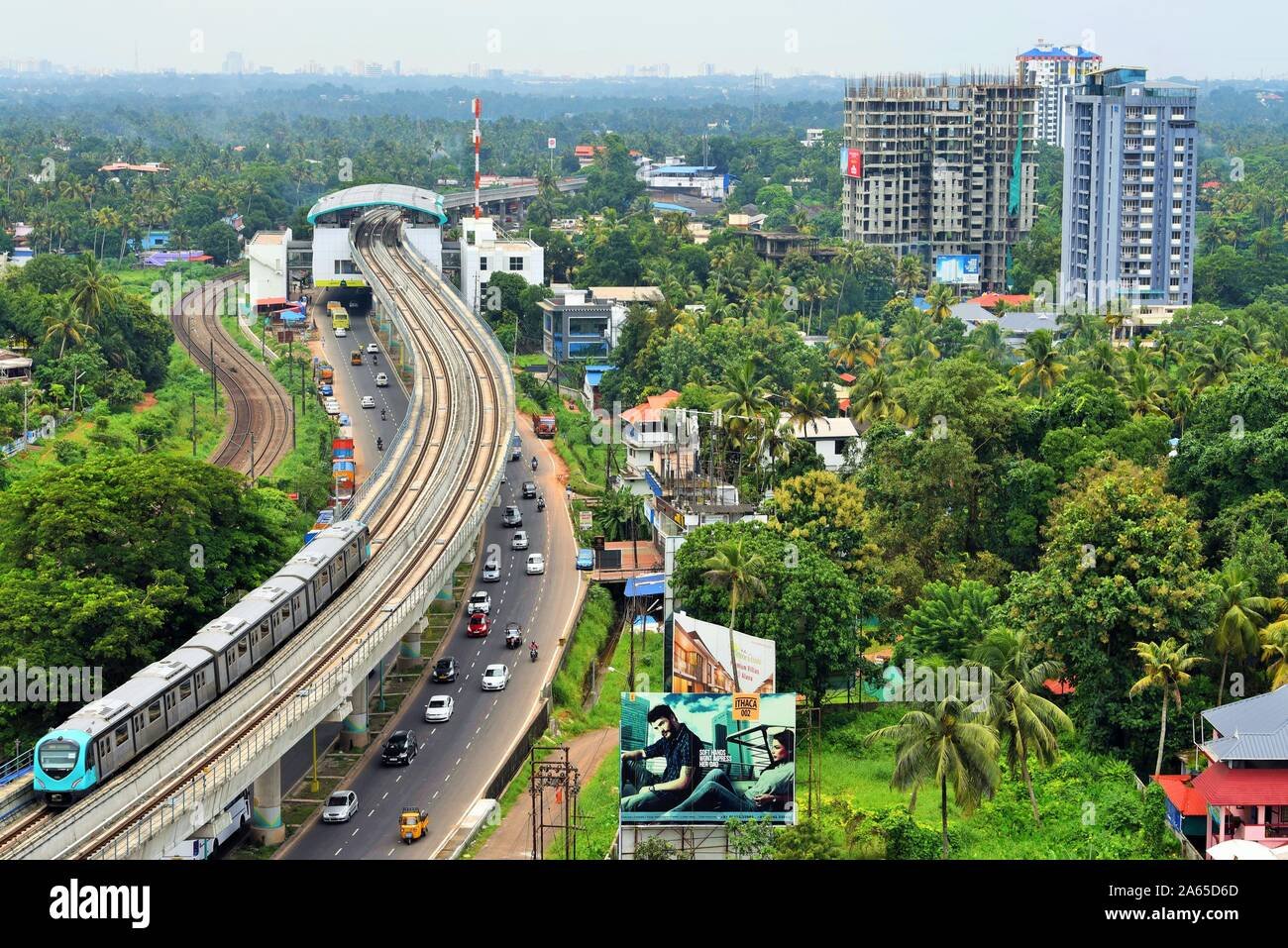Shared workspace segment may touch 80m sq ft by 2026, says Colliers-FICCI report
Bengaluru: Shared workspaces are on the rise in India, with stock expected to touch 80 million square feet by 2026, comprising 9-10% of the total Grade A office stock in the country, according to a Colliers- FICCI report.
Flex space stock across the top six cities has almost doubled since 2019, and is currently at 43.5 mn sq ft, comprising 6.3% of the total Grade A office stock.
India’s flex space market has outpaced peers in the Asia Pacific region as it grew stronger and bigger post pandemic amid evolving workplace trends, increasing diversification of occupier-base and realignment of real estate portfolio by corporates.
“The spurt in flex activity continued in 2023 as well, reinforcing the gradual shift in the way businesses are realigning their real estate portfolio decisions. By the end of 2023, flex space leasing is estimated to constitute an impressive 15- 20% of overall office leasing and this is noteworthy. This only reiterates the evolving needs of businesses that place greater emphasis on agility and flexibility in today’s dynamic work environment,” said Arpit Mehrotra, managing director, South India, Office Services &
Head of Flex at Colliers India. This market optimism is also reflecting on overall leasing with flexible office space expected to contribute 15-20% of overall office leasing in 2023. Some of the large deals closed this year include Google, Mastercard and E&Y signing 4,000, 1,000 and 2,400 seats with Table- Space in Bangalore, Mumbai and Pune. Persistent Systems has clinched a multi-city deal with Smartworks.
“With the behavioural changes due to the rise of hybrid, propelling demand, our supply acquisition across centres has al- so changed. We’ve seen a noticeable increase in the average centre size of our coworking spaces. For enterprise busi- ness, there has been massive change in the demand and typical lead pipelines are now for over 500 seats,” said Sumit Lakhani, deputy CEO, Awfis Space Solutions.
Technology companies have been one of the driving forces of rising flex space demand, currently occupying over half of the total flex space across the top six cities. However, demand for flex space is becoming more diversified.
Source- The Economic Times




